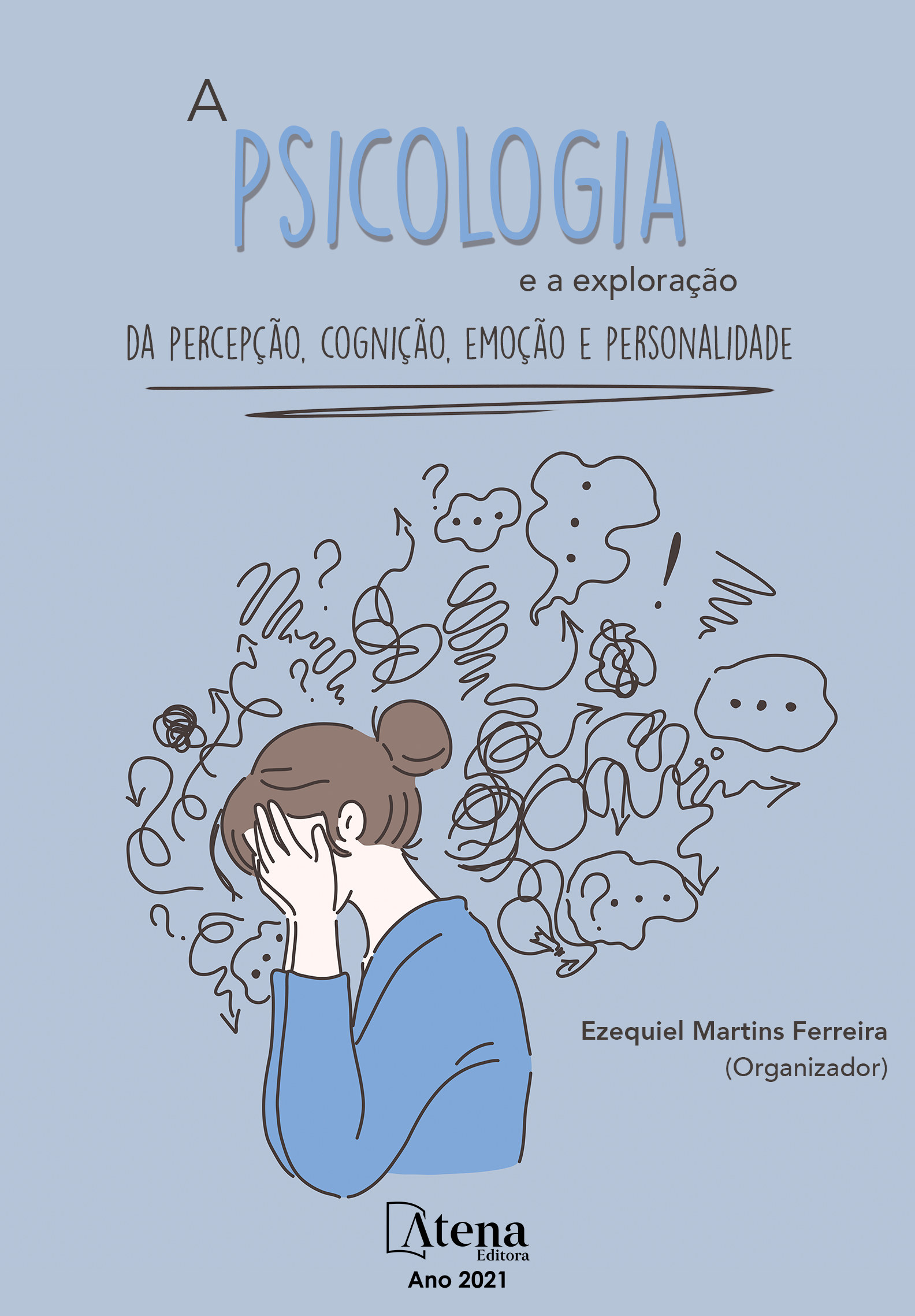
STRESS NA INFÂNCIA: AVALIAR E INTERVIR EM CONTEXTO DA EDUCAÇÃO PRÉ-ESCOLAR
O Educador, enquanto gestor curricular, deverá desenvolver uma praxis educativa que previna precocemente o stresse na infância e promova a saúde mental das crianças. Com este estudo procurámos identificar situações indutoras de stresse e ainda competências pedagógicas e práticas educativas que atuem ao nível da prevenção do stresse na infância, através da perceção dos Educadores. A amostra é composta por 260 Educadores do género feminino (96%), dos Agrupamentos de escolas da região norte, centro e sul de Portugal, com idades entre os 18 e 60 anos. Aplicámos o Protocolo de Prevenção do Stress na Educação Pré-Escolar - P2SEPE (Gomes; Pereira, 2013), com três subescalas, Situações Indutoras de Stresse na Infância (ESISI), Práticas Educativas para Lidar com o Stresse na Infância (EPELSI) e Competências Pedagógicas para Lidar com o Stresse na Infância (ECPLSI), do tipo Likert e quatro níveis de resposta. Os resultados do estudo exploratório mostraram que foram extraídos em cada subescala quatro fatores que explicam na ESISI 55,7%, da variância total e um valor Alfa de .85, e .849, para o índice KMO; na EPELSI 55,2% da variância total e um valor Alfa de .82, e .863, para o índice KMO; na ECPLSI 62,2% da variância total e um valor Alfa de .80, e .770, para o índice KMO. O instrumento apresenta boas caraterísticas psicométricas, quer ao nível da consistência interna, quer da análise fatorial. As implicações deste estudo apontam para a utilidade deste instrumento na prevenção do stresse na primeira infância, contribuindo para promoção de estilos de vida saudáveis e ainda intervir em contexto educativo.
STRESS NA INFÂNCIA: AVALIAR E INTERVIR EM CONTEXTO DA EDUCAÇÃO PRÉ-ESCOLAR
-
DOI: 10.22533/at.ed.68721151215
-
Palavras-chave: Stresse na Infância; Psicologia da saúde; Educação Pré-escolar; Práticas educativas; Avaliação.
-
Keywords: Childhood Stress; Health Psychology; Preschool Education; Educational practices; Assessment
-
Abstract:
The kindergarten teacher, as a curriculum manager, should develop an educational praxis that prevents early childhood stress and promotes children's mental health. We aimed to identify stress-inducing situations yet pedagogical skills and educational practices that act in terms of preventing childhood stress, through the perception of educators. The sample is composed of 260 female kindergarten teachers (96%), from north, center and south of Portugal, aged between 18 and 60 years. Data were obtained from the Stress Prevention Protocol in Preschool Education - P2SEPE (Gomes; Pereira, 2013), with three Likert-type subscales, Childhood Stress-Inducing Situations (ESISI), Educational Practices for coping with Childhood Stress (EPELSI) and Pedagogical Skills for coping with Childhood Stress (ECPLSI), with four response levels. The results of the exploratory study showed that in each subscale four factors were extracted which explained in ESISI 55.7% of the total variance and an Alpha value of .85, and .849 for the KMO index; in EPELSI 55.2% of the total variance and an Alpha value of .82, and .863 for the KMO index; in ECPLSI 62.2% of the total variance and an Alpha value of .80, and .770 for the KMO index. The P2SEPE has good psychometric characteristics, in terms of internal consistency and factor analysis. The implications of this study point to the usefulness of this scale, questionnaire in preventing early childhood stress, contributing to the promotion of healthy lifestyles and intervening in childhood education context.
-
Número de páginas: 15
- Anabela Maria Sousa Pereira
- Rosa Maria da Silva Gomes


